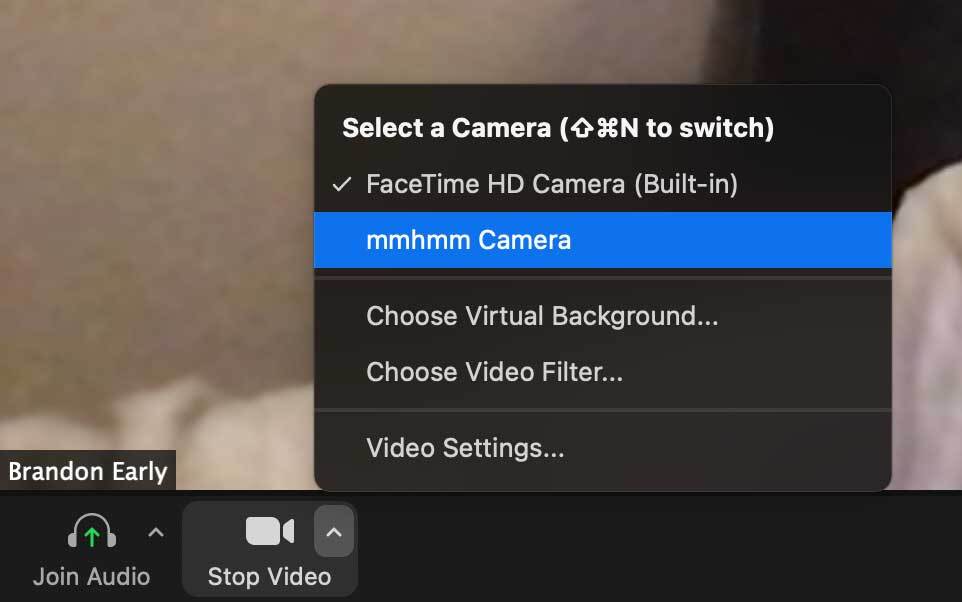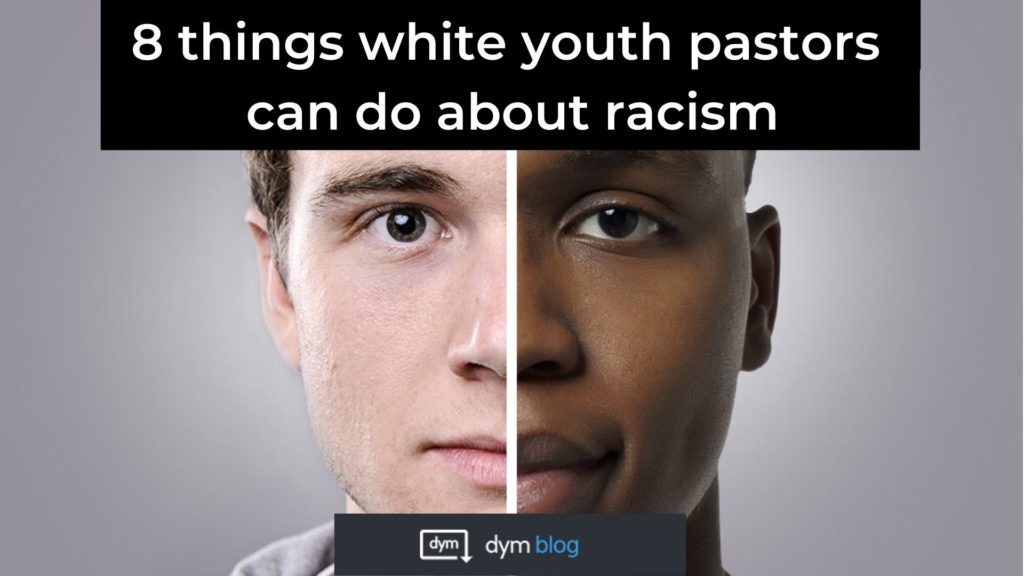 When I started my ministry journey, like most, I was excited and eager to begin. I was hired part-time right after my college graduation as the Youth Director and Nursery Coordinator at the church where I currently serve. For the first five months of my position, I was searching for a full-time job, so I had lots of time to devote to those areas while not working. But when I accepted a position at a local high school, I quickly found that I had to re-think the model I was using. Over the past year and a half, I have continued my ministry and my full-time employment, and now I am an Associate Pastor, overseeing Children & Youth Ministry. I have learned a lot through all of this, but I think there are three lessons that I have ultimately learned (some the hard way), that I wish I would have learned sooner.
When I started my ministry journey, like most, I was excited and eager to begin. I was hired part-time right after my college graduation as the Youth Director and Nursery Coordinator at the church where I currently serve. For the first five months of my position, I was searching for a full-time job, so I had lots of time to devote to those areas while not working. But when I accepted a position at a local high school, I quickly found that I had to re-think the model I was using. Over the past year and a half, I have continued my ministry and my full-time employment, and now I am an Associate Pastor, overseeing Children & Youth Ministry. I have learned a lot through all of this, but I think there are three lessons that I have ultimately learned (some the hard way), that I wish I would have learned sooner.
- Priorities, Priorities, Priorities!
When you are bi-vocational, you have to set priorities. I don’t just mean prioritizing your workload, but setting priorities in all areas of your life. While this is a key point of all types of ministry, I think it is especially important when you are bi-vocational, and your time, energy and brainpower are constantly divided. I’ve learned to actively prioritize the things that matter because if I don’t, they will slip away. Find out what is most important to you, set those priorities, and keep them. Although it may seem self-explanatory, your first priority has to be your personal relationship with Jesus Christ. When you are working in various arenas, you have to ground yourself. For me, that means waking up early each morning to begin my day with God. And I’ve learned to not let anything take the place of that time because it is sacred. I couldn’t do anything that I do without that time every morning in scripture and prayer. Make that your top priority. Another priority for me is my husband. Friday nights are my night off to spend with him. I made a vow to love, value and cherish him, and I can’t do that if I am so distracted by everything else that I don’t spend time with him. Beyond those two, my priorities change week to week, even night to night. Some weeks, my classwork takes priority, other weeks it’s whatever event is coming up, or a series I am preparing. But I promise you, if you get the top priority straight, the rest will fall in line.
- Give Yourself a Break
The life of bi-vocational ministry is chaotic. I learned that early on. There are so many things that pull you in so many directions. Because of that, you have to give yourself a break, meaning a break from the chaos, but also, not being hard on yourself. Find something that gives you time to recharge. For me, that is running, and most afternoons, you can see me out running through town. That is my time to unplug, getaway, and clear my head. Take time for yourself. Find something that works for you and run with it (no pun intended). You have to give yourself a break. You are not superhuman. You cannot do it all. And if you try, you will burn out. And because you are not superhuman, stop comparing yourself to others. When you see other ministry’s programs and events, don’t beat yourself up because you don’t do as much. When you see all the work that your full-time colleagues are doing, don’t feel like you are failing because you aren’t doing those things. You can only do so much. One thing I learned over the past year and a half, is that I need to remind myself why I do what I do, because it can wear me out. I save any encouraging text, note or email. I keep them, and read them on the days when I can’t seem to give myself a break. God has placed you in your ministry for a reason, but you can’t do that if you burn yourself out. Trust that He will equip you to lead that ministry to where He has planned, and stop beating yourself up and wearing yourself down.
- Your Ministry is Wherever God has Placed You
During my time in bi-vocational ministry, I have taught high school, worked as the curriculum coordinator at a daycare center, substitute taught, and now am back to teaching high school academic support. There are days when I come home exhausted, and I can’t even fathom going back the next day, but there is work for my classes to be done. There are days when I come home and immediately work on my lesson for youth group or plan an upcoming event. Sometimes, I wish that I could devote all my time and attention to those things, instead of having my energy divided. But I’ve learned, God has placed me in every position for a reason. My ministry is not simply as an Associate Pastor. My ministry is wherever I find myself. My ministry has been sitting in a high school classroom while silently praying for my students as they take a test. My ministry has been walking through a daycare center and teaching simple Biblical truths. My ministry has been reaching our students where they are as a substitute teacher. Scripture tells us to “Go into all the world” and if my ministry never leaves the four walls of the church, then I am doing a disservice to the Great Commission. As bi-vocational, I take that seriously. I may be a part-time pastor, but I am a full-time disciple. God didn’t call me to only serve Him in pastoral ministry but in all areas of my life. It’s easy to look at other church leaders and want what they have, but trust that God has a very specific ministry designed for you, and that as a bi-vocational ministry leader, you have opportunities entirely unique to you and you’re setting, where God will use you in incredible ways that others cannot fulfill.
I’ve learned a lot in the last year and a half, but ultimately, it can all be boiled down to one thing: focusing on God.
If I am focusing on God, my priorities fall in order. If I am focusing on God, then I don’t beat myself up. If I am focusing on God, then my ministry is every opportunity God places in front of me as I go about my day. Bi-vocational ministry is a challenge. But it has been one of the greatest journeys I have ever embarked upon. And through it all, God has continued to reveal Himself, and sustain me each step of the way.
 Ashley Weyant
Ashley Weyant
I’m the Children & Youth Pastor at Ebensburg UMC in Ebensburg, PA. I’ve been involved in youth ministry off and on, but have been a bi-vocational youth leader for two years. I love youth ministry and am passionate about seeing students grow in their relationship with God!










 (From a black youth pastor)
(From a black youth pastor) Theo Davis serves as the Multi-Site Youth Pastor at Restore Community Church in Kansas City, Missouri. He has worked in youth ministry for 15 years in a variety of settings which include church plants, rural churches, and mega-churches on the East Coast and now Midwest. He received his degree in Youth Ministry from Eastern University in 2008 and has continued to leverage his education with real-world experience. He and his wife Malia are huge gamers and named their kids after video game characters — Zelda & Shepherd (from The Legend of Zelda and the Mass Effect Series). Theo also loves action figures and spends his spare time developing his musical and visual art talents. Follow him on Instagram
Theo Davis serves as the Multi-Site Youth Pastor at Restore Community Church in Kansas City, Missouri. He has worked in youth ministry for 15 years in a variety of settings which include church plants, rural churches, and mega-churches on the East Coast and now Midwest. He received his degree in Youth Ministry from Eastern University in 2008 and has continued to leverage his education with real-world experience. He and his wife Malia are huge gamers and named their kids after video game characters — Zelda & Shepherd (from The Legend of Zelda and the Mass Effect Series). Theo also loves action figures and spends his spare time developing his musical and visual art talents. Follow him on Instagram 
 When I started my ministry journey, like most, I was excited and eager to begin. I was hired part-time right after my college graduation as the Youth Director and Nursery Coordinator at the church where I currently serve. For the first five months of my position, I was searching for a full-time job, so I had lots of time to devote to those areas while not working. But when I accepted a position at a local high school, I quickly found that I had to re-think the model I was using. Over the past year and a half, I have continued my ministry and my full-time employment, and now I am an Associate Pastor, overseeing Children & Youth Ministry. I have learned a lot through all of this, but I think there are three lessons that I have ultimately learned (some the hard way), that I wish I would have learned sooner.
When I started my ministry journey, like most, I was excited and eager to begin. I was hired part-time right after my college graduation as the Youth Director and Nursery Coordinator at the church where I currently serve. For the first five months of my position, I was searching for a full-time job, so I had lots of time to devote to those areas while not working. But when I accepted a position at a local high school, I quickly found that I had to re-think the model I was using. Over the past year and a half, I have continued my ministry and my full-time employment, and now I am an Associate Pastor, overseeing Children & Youth Ministry. I have learned a lot through all of this, but I think there are three lessons that I have ultimately learned (some the hard way), that I wish I would have learned sooner. Ashley Weyant
Ashley Weyant